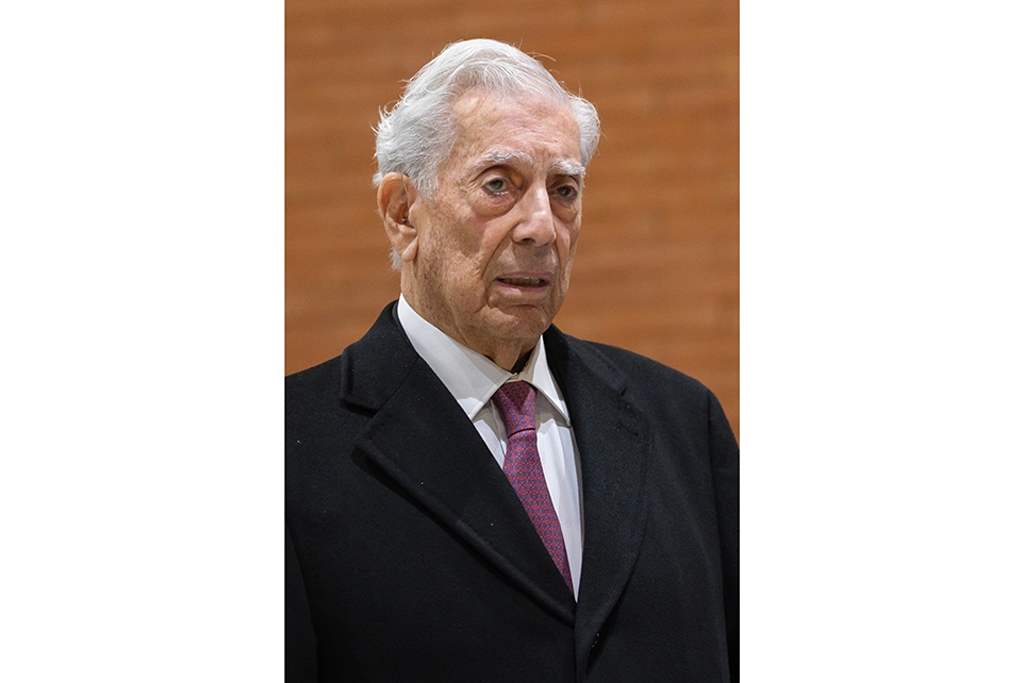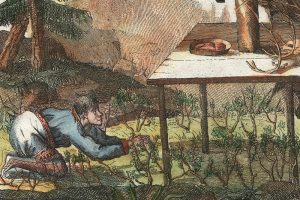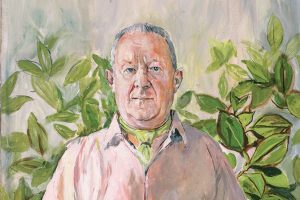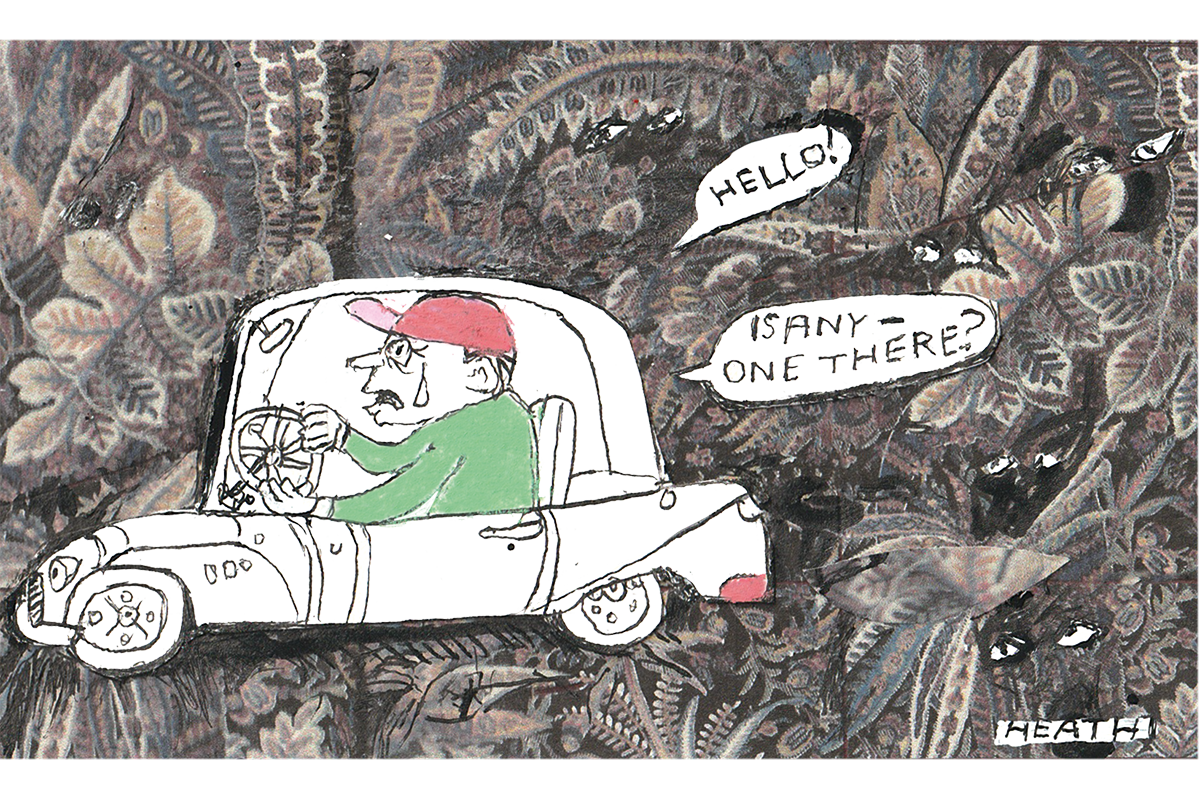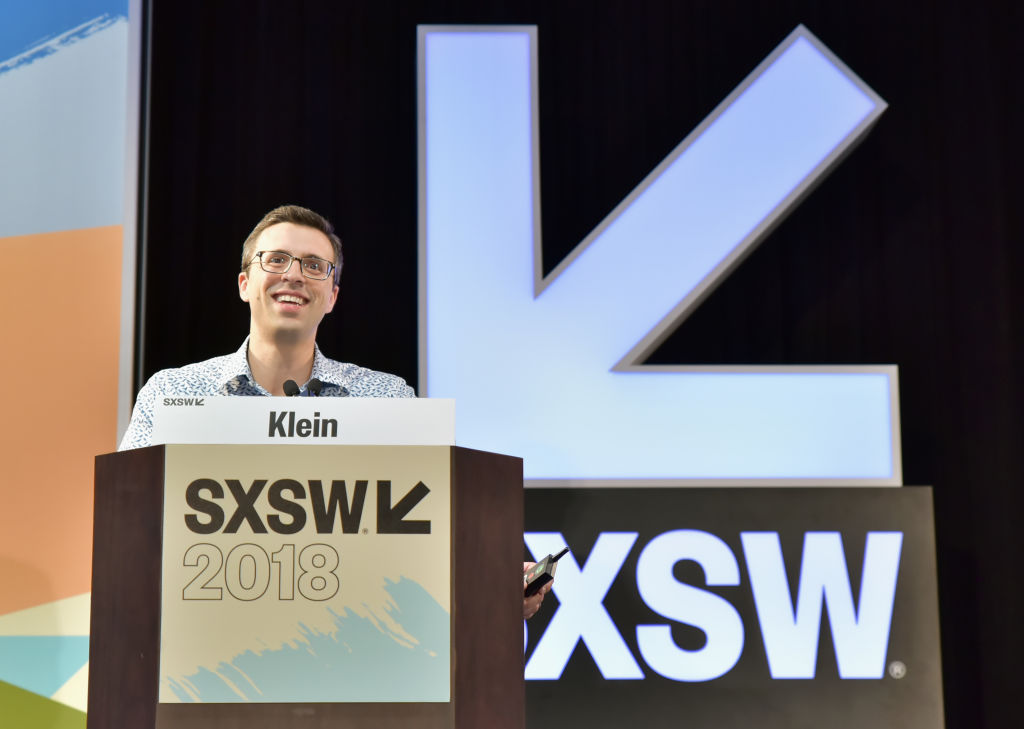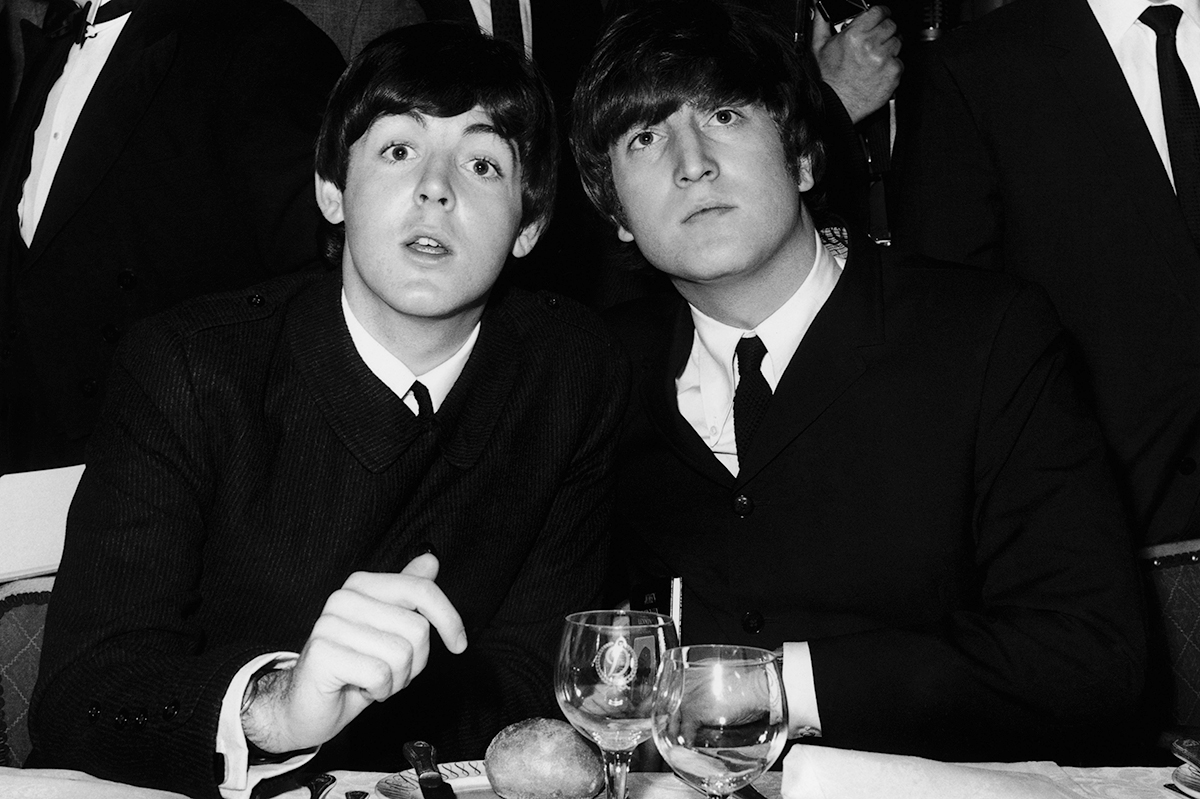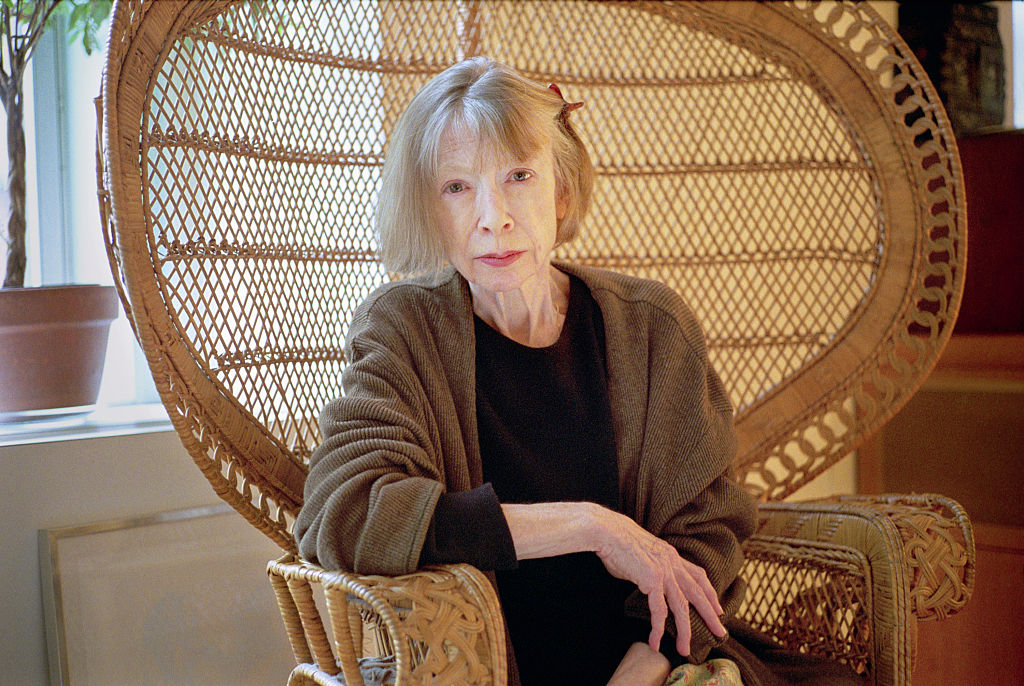Mario Vargas Llosa wasn’t always a liberal. From his youth until his early thirties the Peruvian writer, born in 1936, was enthused by the utopian promises of socialism. He joined a communist cell at university, and in the 1950s spent half his salary on a subscription to Les Temps Modernes, the leftist journal founded by Jean-Paul Sartre and Simone de Beauvoir.
Vargas Llosa’s world view changed radically in the late 1960s, as he watched the Cuban revolution silence local writers and put homosexuals in forced labor camps. During a visit to the USSR in 1968, he realized that had he been a Soviet citizen his disregard for authority would have condemned him to the gulag. After a reflective period studying the canon of political science he concluded that the best alternative to socialism was European liberalism.
He is chiefly known as a novelist, but he has long dedicated himself to non-fiction as a literary critic and essayist. In The Call of the Tribe, translated by John King, he explores the seven thinkers who most influenced his “intellectual process of opting for liberalism.” Devoting a chapter each to Adam Smith, José Ortega y Gasset, Friedrich Hayek, Karl Popper, Raymond Aron, Isaiah Berlin and Jean-François Revel, the book is a history of what the author considers the best of liberal thought. This is classical liberalism — which is to say Vargas Llosa is liberal in the way the Economist is liberal.
His liberalism begins with humanizing values — tolerance rather than narrow-mindedness and pragmatism rather than ideology. It is belief in progress, electoral democracy, free trade, a small state, the rights of the individual and an independent press. When well-meaning principles clash (such as press freedom and the right to privacy), liberalism must intercede to ensure that as much liberty as possible prevails.
Vargas Llosa says liberalism’s mediating spirit is lost when states make utopian promises. Socialist revolutions argue that economic freedom drives inequality, and advocate centralized planning and dictatorship in order to make society as equal as possible. For example, the Cuban revolution, which democratized literacy and disrupted the dominance of class and caste, insisted that to maintain social justice it had to quash private enterprise, free elections and civil liberties. For Vargas Llosa, freedom — social, political and economic — is the pillar that keeps a society democratic.
As such, he writes admiringly of two global leaders who saw themselves as conservatives. Though he disagrees with them on a range of social questions such as gay marriage, euthanasia and the legalization of drugs, he praises Margaret Thatcher and Ronald Reagan for their contributions to individual liberty, and thus to liberalism. Each articulated the benefits of capitalism over communism, played a role in the fall of the USSR and worked from the premise, advocated by Hayek, that the free market is an invaluable safeguard of civil and individual liberties. Vargas Llosa himself was so devoted to Hayek’s theory that, after Peru almost nationalized its banking industry in the late 1980s, he ran for president on a pledge to protect the free market.
Part potted biography, part intellectual survey, The Call of the Tribe distills the ideas that made Vargas Llosa a liberal, but is more of a beginner’s guide than an intellectual inquiry. The Nobel laureate articulately describes his protagonists’ ideas and the dramatic events in their lives (such as when Wittgenstein threatened Popper with a poker), but we either know this material already or can find it elsewhere. Readers of his collection of essays from 2018, Sabers and Utopias, will find that many ideas recur.
One could also quibble that, for an upstanding liberal, Vargas Llosa does good trade in doctrinairism. In the chapter on Hayek he writes glibly that postwar Britain “set out on its road towards labor populism and the welfare state, that is, towards inflation and decline.” Instead of such cursory observations, the reader might like to learn why — given that the 1948 military coup in Peru instilled a “hatred for dictators of any stripe” — it took Vargas Llosa so long to apply that hatred to the regimes in Cuba and the USSR.
This omission is especially disappointing as the book’s best moments are when the author turns memoirist. In just one page he captures the tenor of an extraordinary dinner party at which he watched Thatcher civilly answer questions from the cream of the liberal intelligentsia, who could “scarcely disguise their deep-seated aggression.”
But these sections are few. With so much exposition at the expense of original analysis, The Call of the Tribe is little more than a primer on European liberal intellectuals. There’s a fundamental problem with this book: there is not enough Vargas Llosa.
This article was originally published in The Spectator’s UK magazine. Subscribe to the World edition here.



